
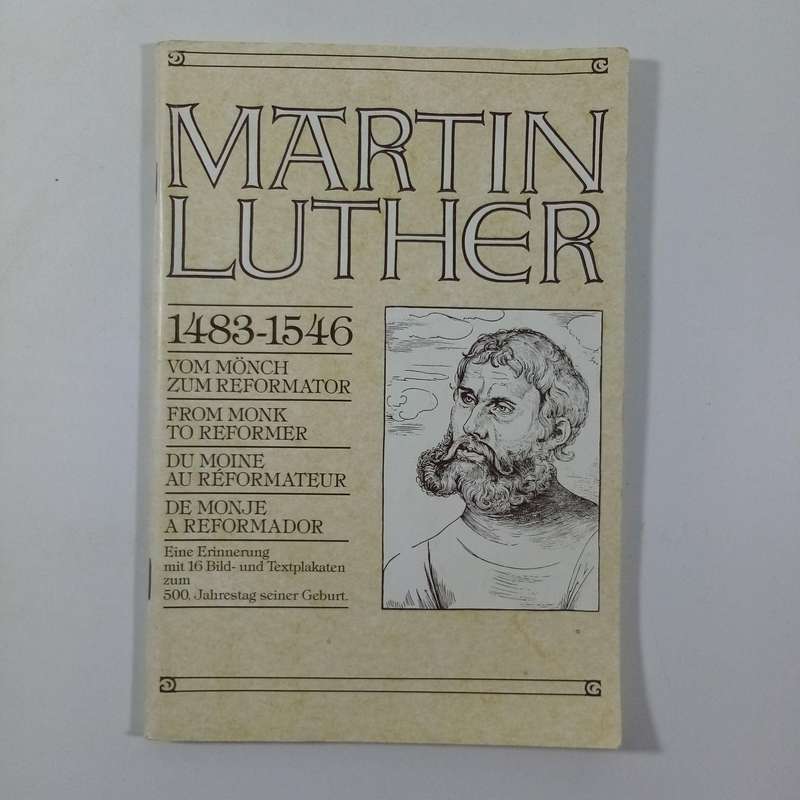
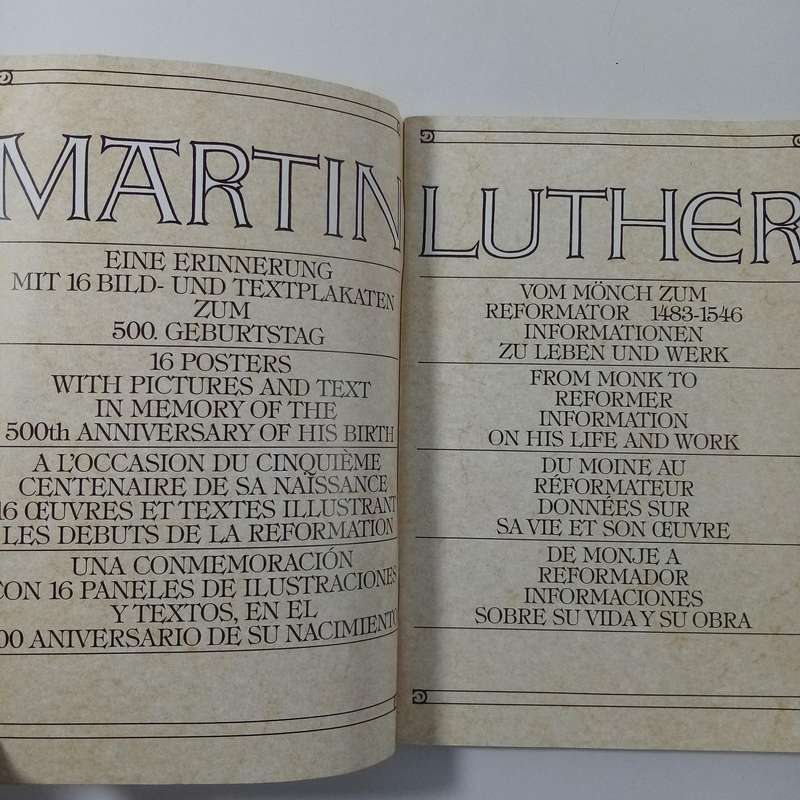
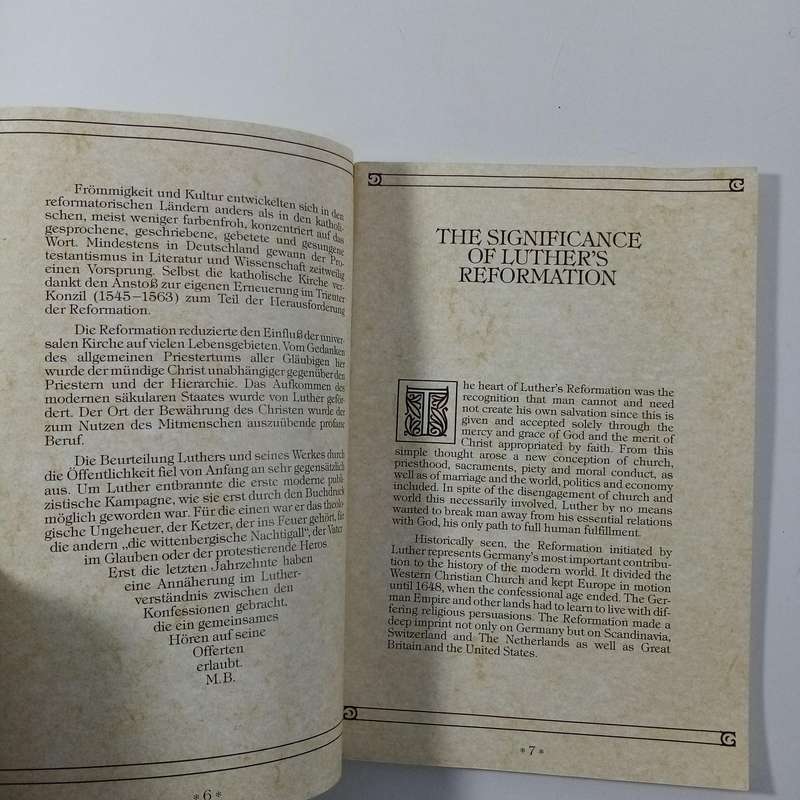
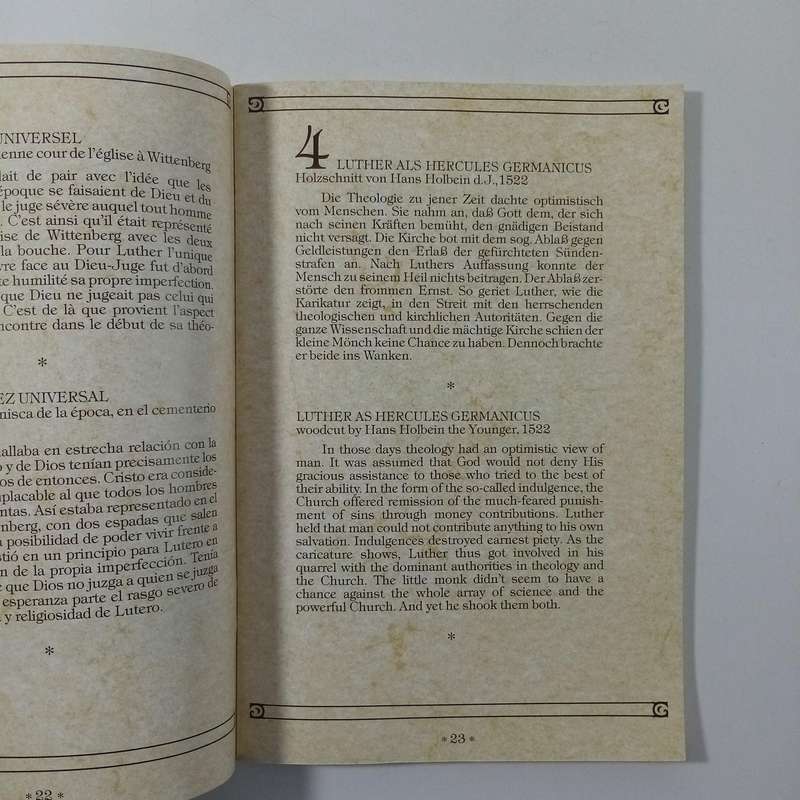
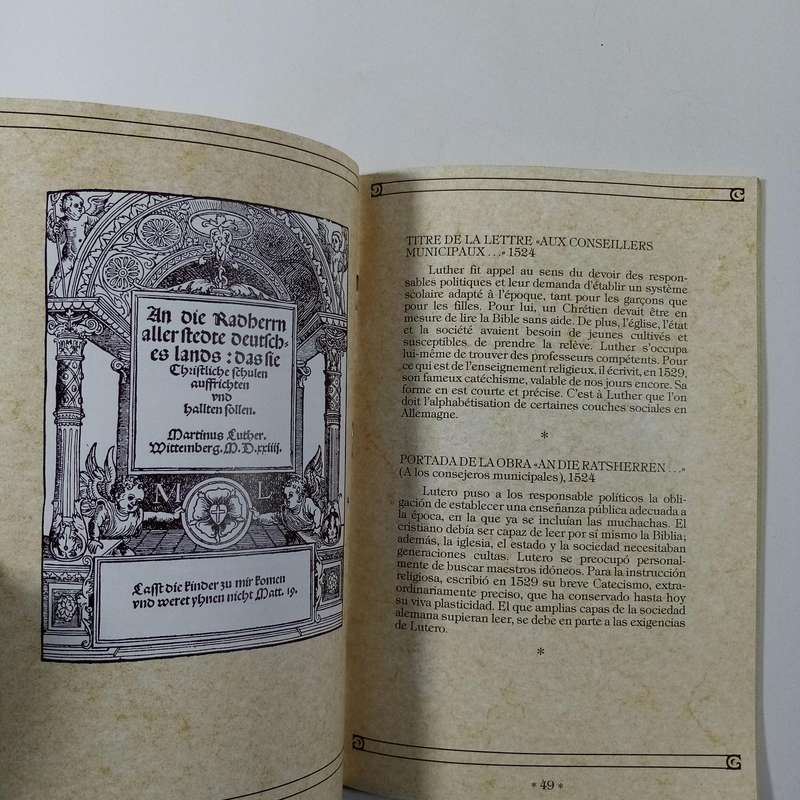






Martin Luther: From Monk to Reformer | Protestant Reformation, Faith, Church History
Check my rate
| Main centres: | 1-3 business days |
| Regional areas: | 3-4 business days |
| Remote areas: | 3-5 business days |












| Main centres: | 1-3 business days |
| Regional areas: | 3-4 business days |
| Remote areas: | 3-5 business days |
Martin Luther: From Monk to Reformer chronicles the transformative journey of Martin Luther, a German monk whose profound theological insights ignited the Protestant Reformation. Initially seeking spiritual solace through monastic life, Luther's intensive study of the Bible led him to challenge the prevailing doctrines of the Catholic Church. His pivotal realizationthat salvation is granted by faith alonecontradicted the Church's teachings and practices, particularly the sale of indulgences. In 1517, Luther's publication of the Ninety-Five Theses questioned ecclesiastical authority and emphasized the Bible as the sole source of divine knowledge. This act not only led to his excommunication but also set in motion a movement that redefined Christianity in Europe. Luther's translation of the Bible into German democratized religious knowledge, empowering the laity and reshaping the religious landscape.
Key Topics Covered:
Luther's early monastic life and spiritual struggles
The doctrine of justification by faith alone
The Ninety-Five Theses and their impact
Challenges to papal authority and Church practices
Translation of the Bible into vernacular language
Formation and spread of Protestant denominations
Luther's lasting influence on theology and society
Martin Luther, Protestant Reformation, justification by faith, Ninety-Five Theses, church history, religious reformer, Bible translation, Catholic Church, papal authority, indulgences, theological revolution, German Reformation, vernacular Bible, spiritual awakening, ecclesiastical reform, faith alone, sola fide, sola scriptura, Wittenberg, 16th-century Christianity